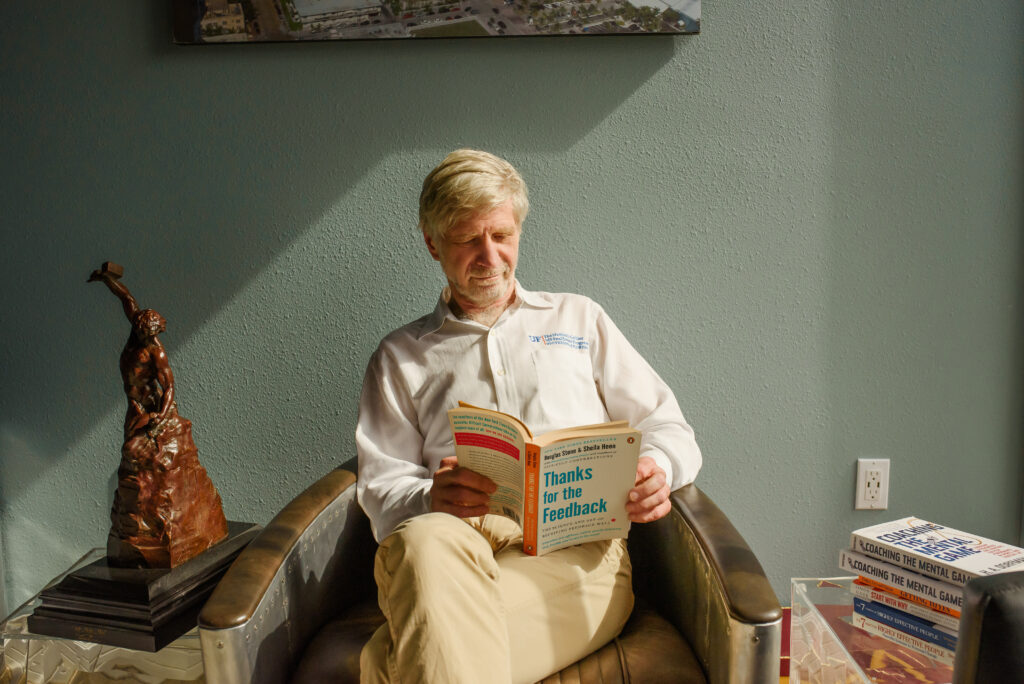 “Psycho-Cybernetics” is a book written in 1960 by plastic surgeon Maxwell Maltz.
“Psycho-Cybernetics” is a book written in 1960 by plastic surgeon Maxwell Maltz.
Dr. Maltz stumbled onto an interesting phenomenon: while in most cases “a person who had a conspicuously ugly face or some ‘freakish’ feature corrected by surgery experienced an almost immediate rise in self esteem… in some cases, the patient continued to feel inadequate…inferior…continuing to feel, act, and behave just as if [he or she] still had an ugly face.”
Driven to understand why these occasional “failures” of self confidence occurred, Dr. Maltz concluded that the “reconstruction of the physical image was not the real key to changes in personality.” The real key was the reconstruction of the self image.
Dr. Maltz likened the human mind to a World War II torpedo guidance system. Once we lock onto a goal we should use mistakes and setbacks only as feedback to adjust our paths and home-in more precisely on our target. However, when we focus too much on our mistakes and errors, we run the risk of retargeting our minds onto our human foibles rather than the desired goal.
“Synthetic experience” can be as powerful a modifier of behavior and self image as “real” experience. Synthetic experience is the power of our imaginations to either worry about negative outcomes OR to focus our energy and minds on positive outcomes, on our desired goals. Worry is essentially negative visualization. Taken to the extreme, worry can be a form of self-hypnosis where our self-created stress leads to self-sabotaging emotions, limiting outlooks and stunting behavior.
The good news is that our minds, our imaginations, can be as powerful on the up side, creating positive self images and empowering behaviors through positive focus and uplifting visualization.
“Psycho-Cybernetics” is a classic in its field; it has had more than 30 printings. At a mere 15 chapters and 268 pages, it is a treasure trove of wisdom. I stumbled across “Psycho-Cybernetics” more than a quarter of a century ago. Its principles have been invaluable to me.




